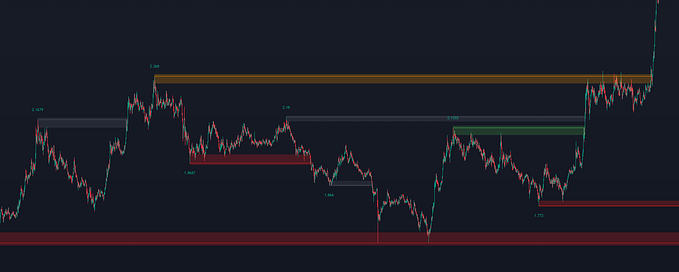Member-only story
Designing a Game with Will Wright
You don’t need to know a lot about games to design them. You just need to know how to play.

I’ve fallen a bit behind in my Masterclass program because I was writing a mega article about sex tech. It turns out that it’s pretty hard to learn one new thing a week while trying to do other things at the same time — who’d have thought???
In any case, I sped through Will Wright’s Masterclass on Game Design and Theory and had a lot of fun doing so, which was surprising because I actually don’t play computer games. I used to play Tetris, if that counts, and Solitaire on my big old Windows desktop as a teenager. Oh, and Space Invaders on my cousin’s computer during the summer holidays. But that’s about the extent of it. I only did this Masterclass because I knew a bunch of people would be interested in it. However, the fact that I don’t play games turned out to be just fine — and maybe even an advantage.

Generating Ideas
Wright finds ideas for games everywhere; the world around him, books, interdisciplinary fields. He does not conceive of them in relation to other games. His life simulation game The Sims was very much influenced by Christoper Alexander’s work in architecture. SimEarth, a game in which the player develops a planet, was based on James Lovelock’s Gaia hypothesis and the idea that all living and non-living components on the planet develop and work together as a single integrated system. Edward O. Wilson’s Pulitzer Prize-winning book The Ants was the inspiration behind SimAnt.
You can take almost anything and turn it into a fascinating interactive experience. — Will Wright
I felt a real affinity with the way Wright follows his curiosity. The reason he works as a game designer is so he can delve into different topics and worlds, which is why I became a writer. It’s an opportunity for lifelong learning. Obviously, though, the things that fascinate him, like how an ant colony or a city functions, don’t really do it for me. But I decided to take him up on his fundamental premise that anything could be…










